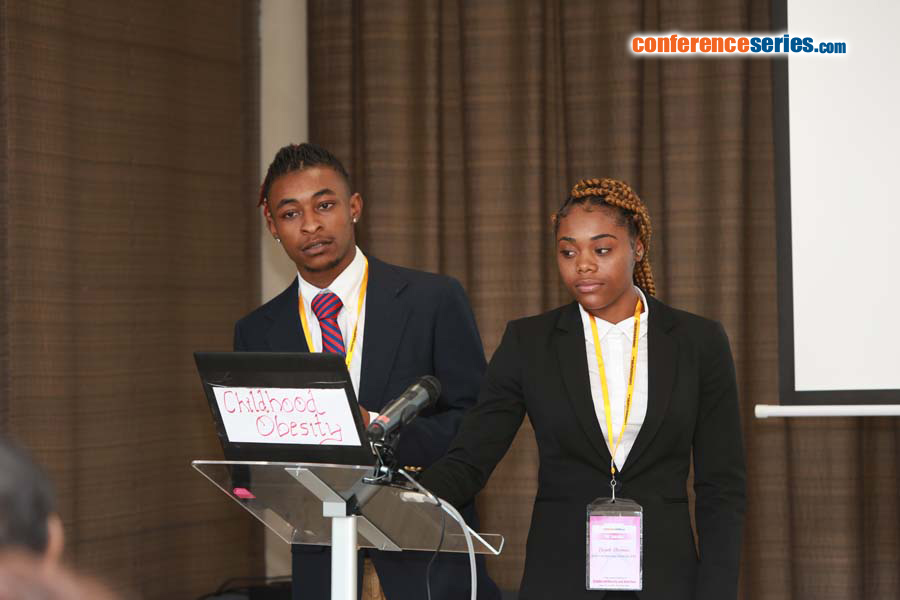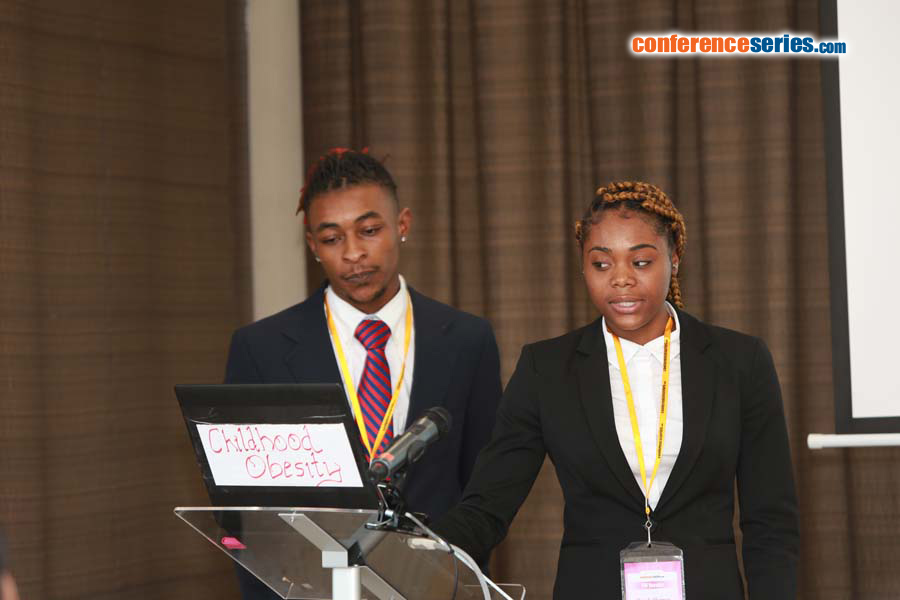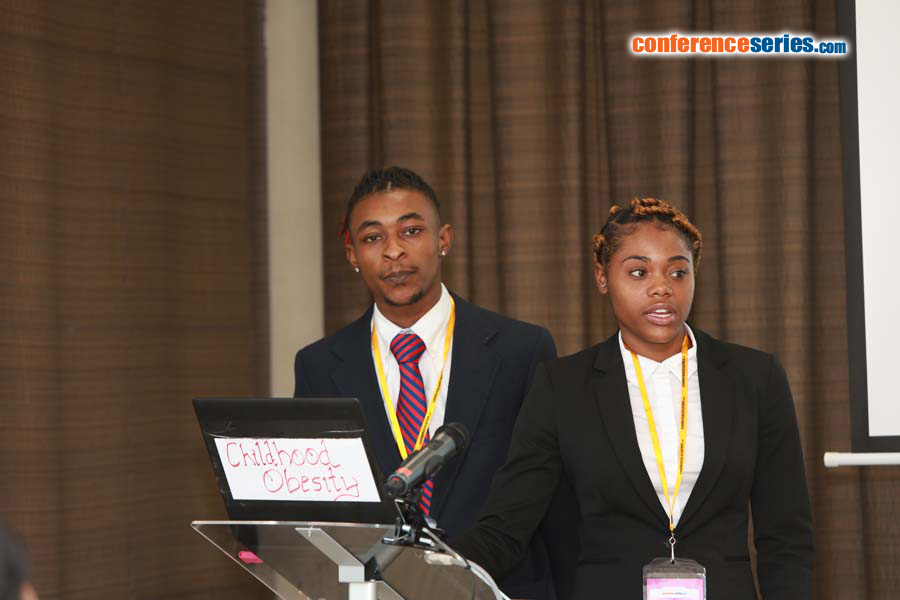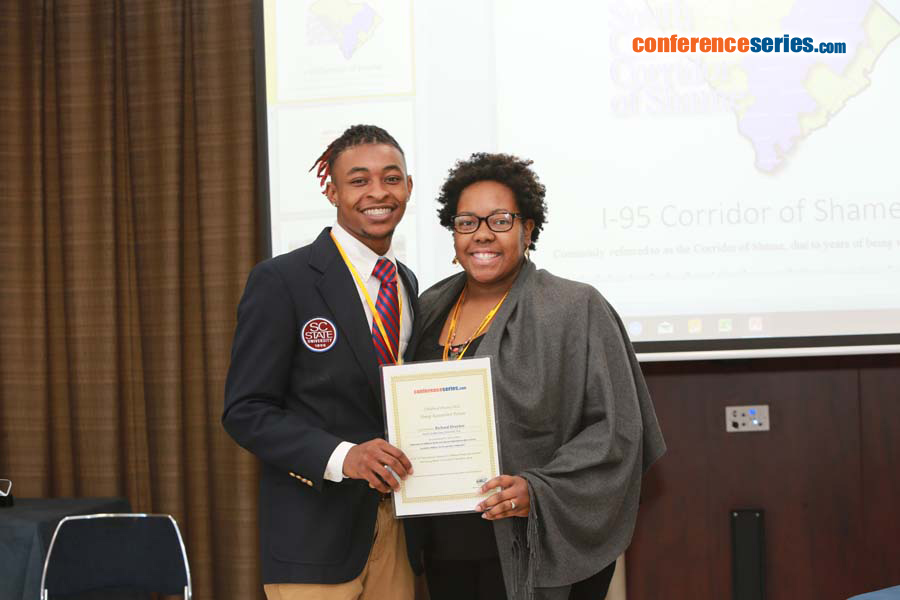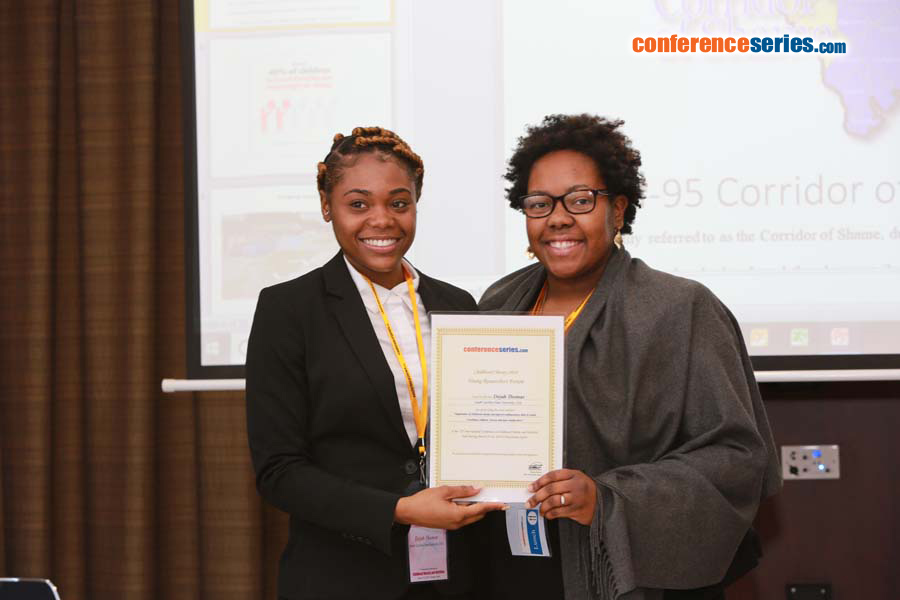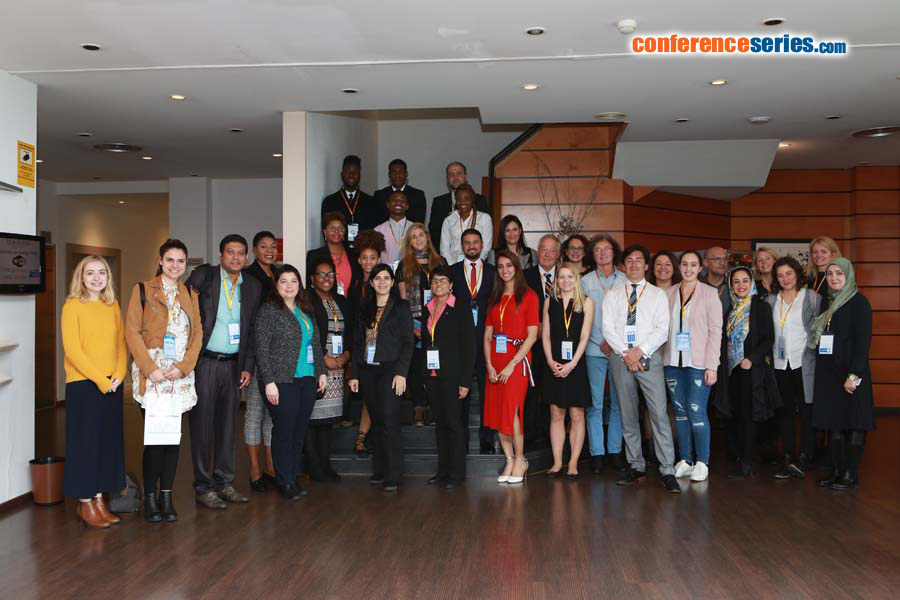
Dejah Thomas and Richard Drayton
South Carolina State University, USA
Title: Implication of childhood obesity and high pro-inflammatory diets in South Carolinian children: survey and data stratification
Biography
Biography: Dejah Thomas and Richard Drayton
Abstract
In South Carolina, childhood obesity is growing at an alarming rate surpassing the national average. 40% of children in SC are classified as either overweight or obese. The rise of childhood obesity in the US is astounding due to factors such as socioeconomic status and poor nutritional choices. In SC, counties located within the I-95 corridor, commonly referred to as the corridor of shame, due to years of being severely underfunded and underdeveloped; thereby, contributing to a variety of problems such as poverty, lack of health care, poor health choices, and obesity. Childhood obesity can lead to numerous health complications in adulthood that includes diabetes, high-cholesterol, chronic joint pain, and cancer. The purpose of this study is to address the epidemic of childhood obesity in SC. If the preventable risk factor of childhood obesity is targeted, it could play a significant role in reducing the number of adult cancer cases. Our study is enrolling South Carolinian children from varying degrees of rurality and backgrounds to determine if obesity and/or high-fat pro-inflammatory diets contribute to the increased level of pro-inflammatory markers, which in turn contributes to long-term chronic inflammation leading to increased adult carcinogenesis. A screening survey, which gives a snapshot of the participant’s nutritional, physical activity background and demographics, has been developed and a fully integrated mobile app will be launched. Participants recruited from six counties will be stratified by rurality, lifestyle factors and socioeconomic status to assess the effect of these exogenous factors on adult cancer risk.


